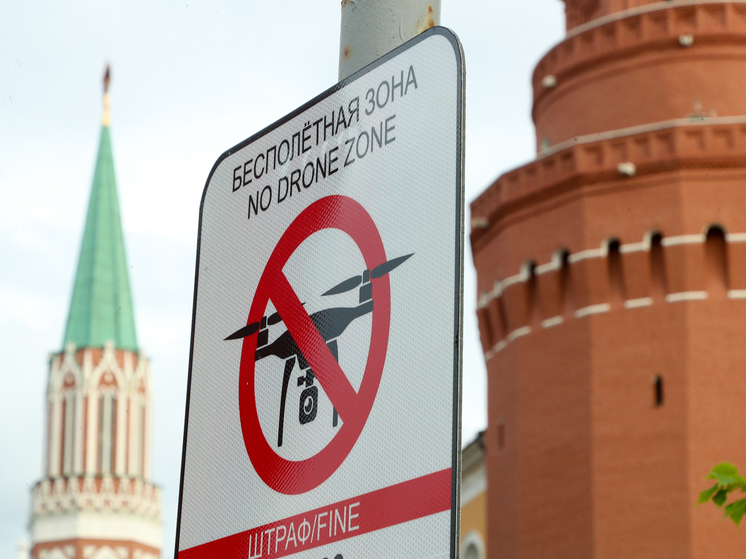The political consequences of the attack on the Russian capital
The fighting came to Moscow as a faint echo, one hundred thousandth or even one millionth of what is happening in the NVO zone or even in the border with Ukraine regions of Russia. But the minimal physical and material damage in no way changes the essence of the matter.

One of the features of Russian political life is a pronounced «capital-centrism». The decisive role in terms of shaping the political and emotional climate in the country is played not by what is happening in the outback and on the periphery, but by what is happening in the very heart of the state — the main city of Russia.
The events of the night on the penultimate day of May made it quite real the prospect that you will wake up in Moscow in the morning from the fact that a “bandura” with several kilograms of explosives will fly into your window. And this will definitely have (whatever it will have, it already has) large-scale psychological and political consequences. It is another matter that it is not yet possible to assess and characterize these consequences.
A spontaneous and very natural reaction to what happened is to first ask yourself and others the question: “How can this be?”, And then loudly demand: “This must not happen again! The authorities are obliged to ensure this!”
Alas, this reaction, which is very understandable and logical in human terms, categorically does not fit in with the reality in which we all now live. In the course of a military conflict, there can be no one hundred percent and absolute guarantees. And Russia is now in a state of not just a serious, but a very serious military conflict. There is a struggle for, as politicians and diplomats put it, «reformatting the world.» And if in the course of logging wood chips fly, then in the course of reformatting the world, explosions rumble, terrorist attacks occur and drones fly. And some of these drones will inevitably fly.
On November 10, 1932, the second man in the then British Cabinet, former and future Prime Minister Stanley Baldwin, declared during a debate in the House of Commons: “I believe that the “man in the street” must understand: there is no force on earth capable of protecting him from aerial bombardment . No matter what people might say to him, the bomber will always get through.”
And here is the modern equivalent of the same statement. My former MK colleague and current chairman of the State Duma Committee on Information Policy Alexander Khinshtein: “The drone squadron raid on Moscow today is a new reality that needs to be realized. Undoubtedly, the sabotage and terrorist attacks of Ukraine will only increase … The fact that all 8 UAVs, according to the Ministry of Defense, were shot down by an air defense system or suppressed by electronic warfare, is remarkable. But this should not reassure anyone. You can't underestimate the enemy!”
And here is another very true statement by Alexander Khinshtein: “Of course, the first task of such attacks is the psychological impact. Cause panic, intimidate people, sow a sense of insecurity.” To the point!
The purely military aspect is here deeply secondary. But the political and psychological are paramount. It is in this area — the struggle for public opinion — that the main «great game» will now take place. The first move in this game is obvious: another tightening of Russian legislation.
A post in one of the main Ukrainian political telegram channels: “By the abundance of content on this topic in the Russian media, telegram channels and social networks, it is immediately noticeable that in the Russian Federation, unlike Ukraine, there are no laws prohibiting the filming of arrivals, air defense operations, and so on . However, given the increase in the intensity of air attacks on Russian territory, it is possible that the Russian Federation … will also introduce a restriction on filming at the legislative level.” Not just «it is not excluded» — it is guaranteed.
The main tasks of the parties are also clear. With the help of «formative operations» (a term from a recent article by The Financial Times), Ukraine will seek to undermine the level of support for the SVO and the government as a whole in Russian society, to provoke the emergence and growth of internal instability in the country.
The Kremlin's task is directly the opposite character: to maintain political stability in Russia, to redirect the negative energy of people to official Kiev and the collective West behind it.
In any case, we have a fundamentally new level of conflict escalation — not the first and certainly not the last. For the residents of the Russian capital, the Ukrainian conflict ceases — sorry again, has already ceased — to be “something on the TV screen.”


